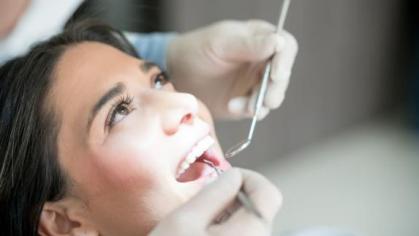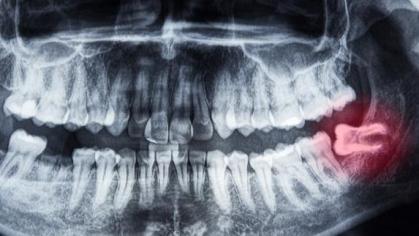Communicating with Your Oral Surgeon
If you’re slated to receive oral surgery in the coming months, you might have a lot of different questions rushing through your mind. But to gather the most helpful information possible, you’ll need to ask a few pointed ones the next time you see your oral surgeon. Here, Rutgers Health University Dental Associates of Newark and New Brunswick, New Jersey, offers some advice on communicating with your oral surgeon prior to your procedure.
Preparing for Your Discussion
Like anyone planning to receive surgery, you may feel anxious about your upcoming procedure. Your oral surgeon has likely been treating patients for years, so you can find reassurance and confidence in their expertise. Plus, they have a host of experience in answering questions like the ones you want to ask. So put aside any concerns you feel, and be sure to ask your oral surgeon some of the following important questions:
What oral treatment would be best for my oral health?
You may not yet know the type of procedure you should receive if you’re at the earliest stages of the oral surgery process – planning. In response to this all-important question, your oral surgeon will conduct a comprehensive oral exam to determine the right form of surgery for you.
What will happen during the procedure?
Depending on your level of anxiety, insights into the surgical procedure might help quell your nerves. As they answer this question, your oral surgeon can explain why certain incisions might need to be made and how particular dental procedures will be performed.
Can I eat before my surgery?
On the date of your procedure, you’ll likely have a long, tiring day ahead of you. So be sure to ask your oral surgeon ahead of time whether you can eat before your oral surgery. If you are allowed to, ask your surgeon about which specific types of food you should consume on surgery day.
In cases where general anesthesia will be administered, patients must refrain from eating for at least six hours before the procedure and arrange for adult to drive them postoperatively. Where local anesthesia is only used for surgery, patients are normally allowed to eat a light meal beforehand.
What type of anesthesia, if any, is recommended?
Depending on the complexity of the oral surgery you need, you may be more or less likely to receive anesthesia. Aside from this qualifier, anesthesia can also vary depending on your level of anxiety, making it important to speak honestly with your surgeon so they can adjust your levels accordingly.
Is there any risk of complications?
As you and your oral surgeon consult about your upcoming surgery, be sure to ask about the risk it may pose for complications. At this stage, you should alert your surgeon to all of your preexisting health conditions. This way, your care team will be able to plan properly to keep you as comfortable and as safe as possible.
Make the Most of Your Oral Surgery
By fostering an open line of communication with your oral surgeon, you can help promote your treatment’s success. In other words, you can help shape your surgical experience into one that’s customized to address your personal dental needs. To learn more about the oral surgery process, call Rutgers Health University Dental Associates at 973-972-2444 (Newark, NJ) or 732-235-5050 (New Brunswick, NJ) today.



